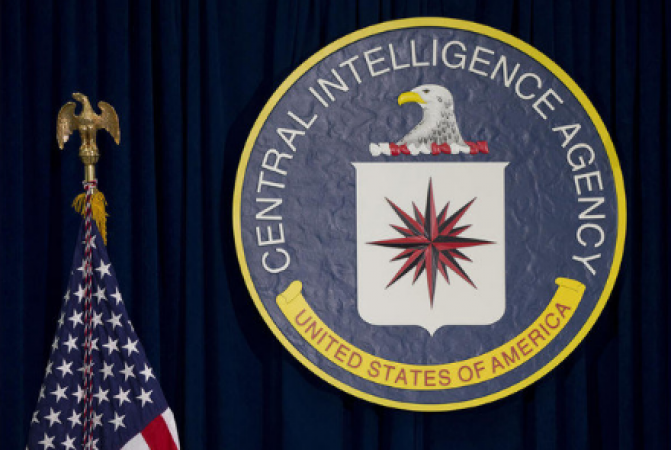
Beijing: In a recent development, China has initiated an investigation into a Chinese national allegedly involved in espionage activities on behalf of the US Central Intelligence Agency (CIA), as disclosed by the country's state security ministry on Monday. The accused individual, identified by the surname Hao and aged 39, held a position within a ministry and had traveled to Japan for educational purposes, which became the backdrop for the purported recruitment into espionage activities. The gender of the individual was not disclosed in the statement released by the ministry.
This revelation arrives within a fortnight of the ministry's announcement concerning the exposure of another individual suspected of engaging in espionage for the CIA. This individual's recruitment is believed to have taken place in Italy. As of now, there has been no immediate response from the US embassies in Beijing and Tokyo regarding these allegations.
The statement from the Chinese state security ministry provides a detailed account of the process by which Hao was reportedly lured into espionage activities. It begins with his interaction with a US embassy official referred to as "Ted." This connection was initiated when Hao was in the process of resolving a visa application. Ted extended invitations for dinners, offered gifts, and solicited Hao's assistance in crafting a paper, with a promise to compensate him for his efforts. This gradually developed into a relationship between Hao and another US embassy colleague named Li Jun. This association persisted even after Ted's tenure at the embassy concluded.
Also Read: The world's most expensive travel experiences
The turning point in Hao's involvement appears to have been when Li Jun disclosed his affiliation with the CIA, revealing himself as a Tokyo-based CIA personnel. Under his influence, Hao was allegedly persuaded to undertake acts of rebellion against China and was urged to return to the country to serve a "core and critical unit." Subsequently, Hao reportedly signed an espionage agreement, committing to receive assessment and training from the United States.
Upon his return to China, the ministry claims that Hao complied with the CIA's instructions by working within a national department. Allegedly acting in line with the CIA's directives, Hao provided intelligence to the agency while concurrently receiving remuneration from the US. This intricate web of espionage activities underscores the complex dynamics at play in international intelligence operations.
Also Read: Chunky Panday's Rise Beyond Bollywood
The context surrounding these allegations is marked by strained relations between the United States and China, driven by various contentious issues including matters of national security. The US has repeatedly leveled accusations of espionage and cyberattacks against China, assertions that China vehemently denies. In fact, China itself has asserted that it faces threats from foreign spies, contributing to the climate of suspicion between nations.
Also Read: Positive Signs for KL Rahul and Shreyas Iyer's Return Ahead of 2023 Cricket Tournaments
In response to these concerns, China has urged its citizens to actively participate in counter-espionage efforts. This recent move has been accompanied by an expansion of its anti-spying legislation, a development that has raised concerns and alarm in the United States. As both nations grapple with the complexities of espionage and national security, these events serve as a stark reminder of the multifaceted challenges inherent in the realm of international intelligence.